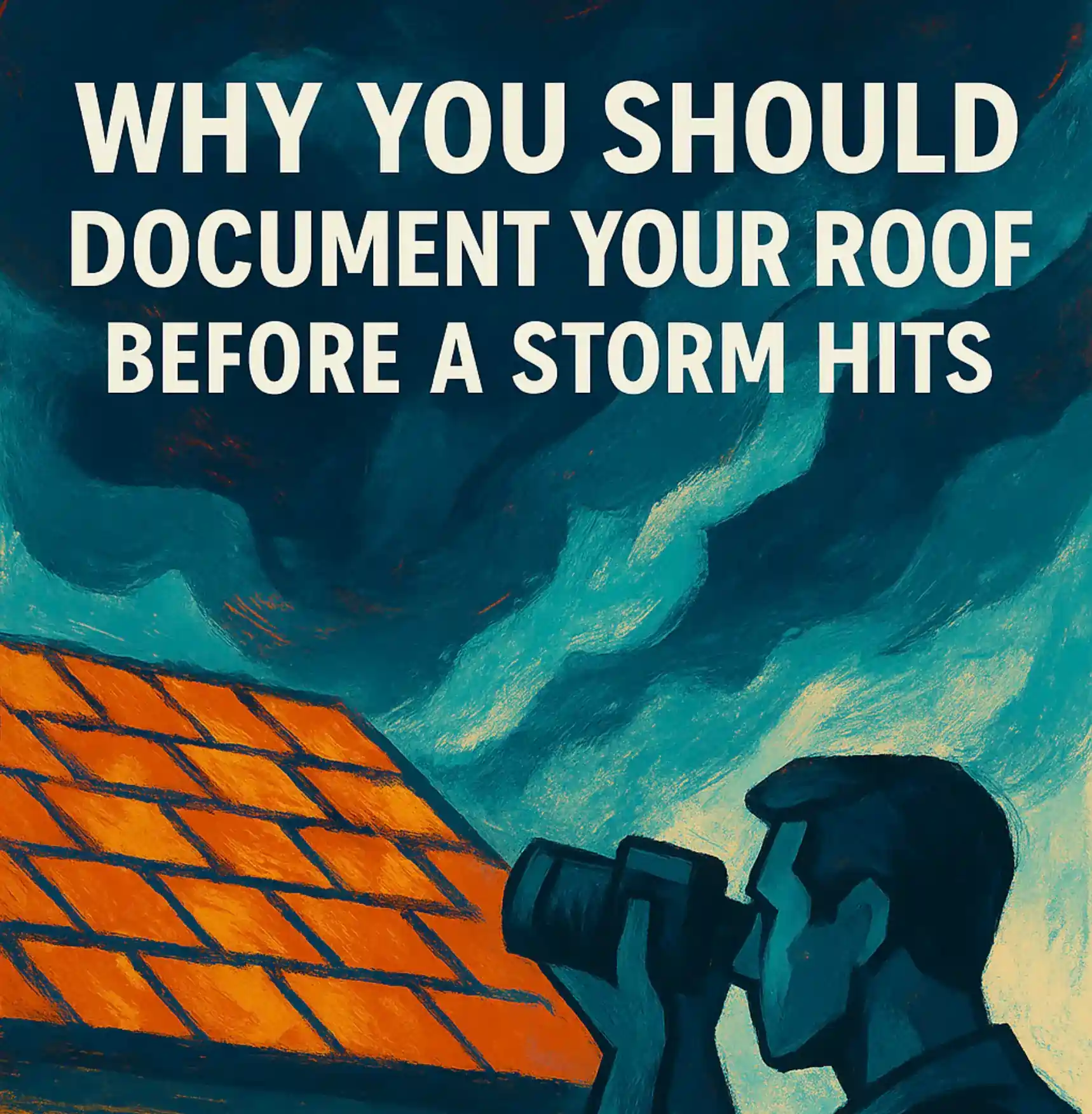Searching for a Sarasota roofing contractor can be an intimidating task. Your home’s roof is its first line of defense against the outside world and all that Mother Nature throws at it. It protects your family and valuables—without it, a home is just a shell. So, when you’re faced with the decision to install a new roof or make roof repairs, how do you know who to choose? Roofing work is important to your home’s integrity and can be costly, so getting the best value is key.
There are several risk factors in choosing a roofing contractor, especially in a region like Sarasota where homes must withstand hurricane-force winds. Other considerations include the quality of materials used, insurance policies, business ethics, and cost.
Diagnose the Problem Correctly
Right from the start, it’s critical for your contractor to correctly diagnose the problem. If a roof fails before the material warranty expires, you need to know why. An inspection should be thorough and followed by an in-depth discussion. A rushed inspection or lack of communication is a red flag.
The best roofing contractors care about more than just getting your business—they want you to be informed and satisfied.
Use of High-Quality Roofing Products
Your roofing contractor should explain material options and demonstrate knowledge of what’s best for your roof type. This includes how the materials perform under local climate conditions like Florida’s humidity and UV exposure. Contractors should be familiar with reputable manufacturers and follow proper installation techniques to ensure warranties remain valid.
Evaluate Business Integrity and Insurance
Choose a contractor with a strong business ethic. They should easily provide references and a Certificate of Insurance for General Liability, Worker’s Compensation, and Vehicle Insurance. You should also inquire about “Completed Operations” insurance, which protects you even after the job is finished. These documents show the contractor’s commitment to professionalism and your safety.
Understand the Cost Structure
Cost variations between contractors can be significant—30% to 50% or more. Don’t choose based solely on price. Look at how the contractor structures their pricing. Are they cutting corners to offer a lower bid? Ask how their laborers are paid. Contractors who pay by the square may incentivize speed over quality. In contrast, hourly workers are generally more focused on getting the job done right.
Get Value-Driven Service
The best roofing companies in Sarasota balance quality with affordability. At SonShine Roofing, we use top-tier products and tailor solutions to each client’s specific needs. We pride ourselves on integrity, transparency, and long-term value.
Final Thoughts
Choosing a Sarasota roofing contractor doesn’t have to be difficult. By evaluating experience, communication, materials, insurance, and pricing, you can avoid costly mistakes and ensure your roof stands the test of time. For expert service backed by decades of experience, contact Sonshine Roofing today to schedule your inspection and consultation.













